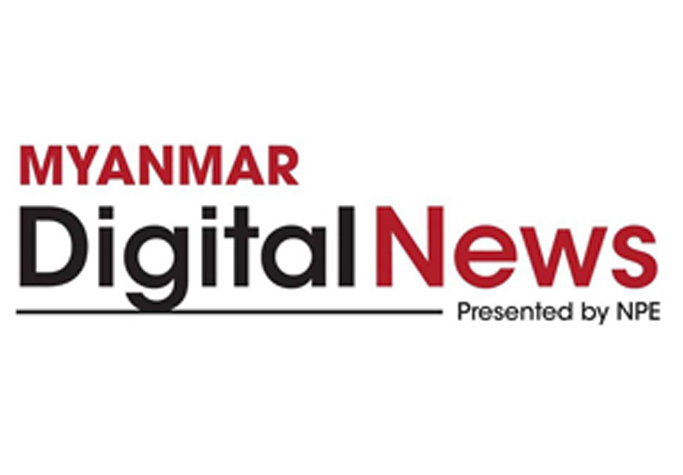13 May
When we talk about consumer rights, the issue with fake products will always be raised most often. Selling products whose quality and composition are different from that which was advertised is nothing short of lying to consumers. We might even be so bold as to say this is an age in which the public has serious doubts about advertisements that claim products to be the best in their market.
There are a plethora of fake items in every conceivable product range. Companies duplicate famous brands and claim they contain no harmful chemicals, but this, unfortunately, is too often found to be untrue. The end product becomes a shady, low quality version of the genuine item.
The worst offences in fake products are in medicine and food, when they manufacture products that are inferior to the original items, or make complete duplicates. The consumer pays the same price as they would for the real thing, but receives a counterfeit, instead. Of course, the real danger is in the health concerns for the consuming public.
We strongly voice our opinion to the authorities that this is not something to be taken lightly. For this is not just deception, but a major health hazard to the people.
We believe that departments tasked with examining food and medicine for counterfeits should exercise greater caution in this regard. We understand there is not enough budget, finances or human resource to always carry out their work. But we must then carefully scrutinize what the shortcomings are, in order to gradually address them.
How much have these fake foods and medicines increased the national health expenditure by? And how much negative consequences have they caused? They must be examined in laboratories and then have appropriate action taken, while keeping in mind the budget constraints of Myanmar.
While it is true that our country is facing economic hardships, we must prioritize national expenditures in these sectors to reduce the people’s spending in healthcare and, simultaneously, increase their well-being and capabilities.
The people view the role of political leaders as undertaking the critically important task of deciding which policies and procedures to prioritize, after careful systematic analysis. In addition, the public is saying that more time and attentive consideration should be given to policy making.
It is true that our policymakers and general administrators have a lot on their plate during our country’s current transitional period. We urge them to regularly assess what actions should be taken first, so that we may achieve our dream of a democratic federal Union much more quickly.
GNLM


